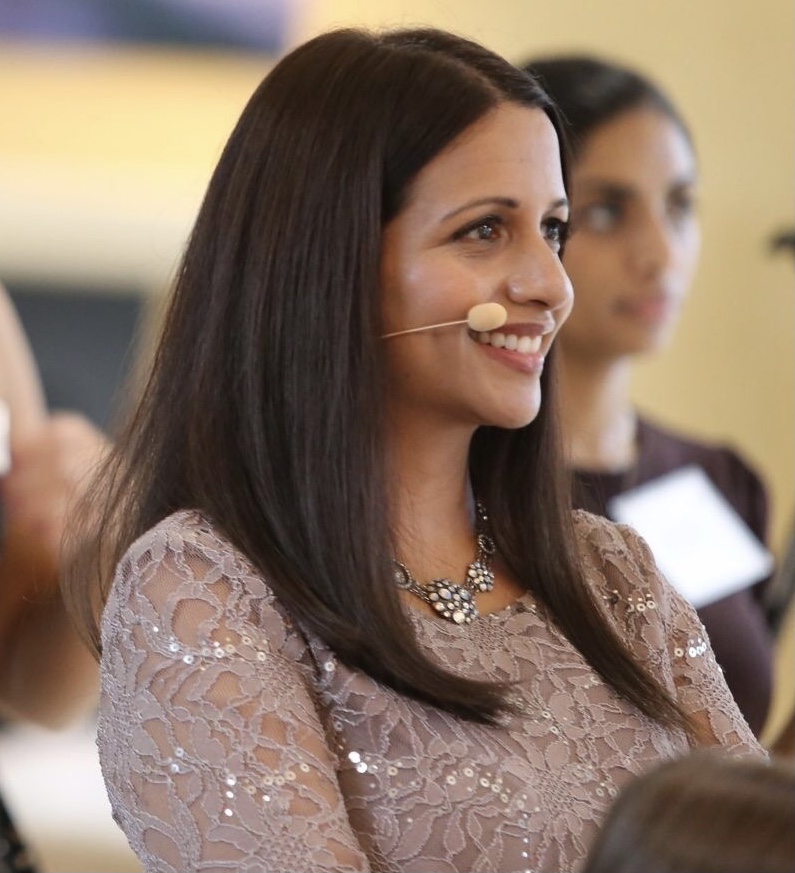
“In the early stages of my career, I’ve quickly learned the importance of having a mentor, especially in the wealth management industry as both a female and a minority in a male-dominated environment.
I met Todd Norris while working for a local Registered Investors Independent Advisor as a Financial Advisor’s Client Service Assistant. Still being fairly new, we brought on Todd as a planner to support our team’s planning needs.
With both of us being new to the firm, I was helping Todd learn the ropes with operational procedures, while Todd educated me about financial planning. In the wealth management industry, it is hard to progress in your role without planning knowledge. Todd always graciously stuck out his hand to help me understand the reasoning behind certain planning tools, and why they were beneficial for the client. It is one thing for someone to “find” time in their busy schedule to help you, but it is another for them to “make” time. Every day I was sitting in a very fast-paced environment with no time to breathe. He always offered to help me with not only financial planning, but also with my own duties.
With Todd’s guidance, he added value to my experience and heightened the quality of my work. Around the same time, we also convinced each other to take the Chartered Financial Analyst exam, one of the most prestigious designations in the industry. While Todd was already a Certified Financial Planner, his hard-working demeanor, but laid-back personality made it easy to confide in and trust him as I always felt constantly stressed with both work and my studies. He taught me the importance of work-life balance and to worry less.
While we are not currently working together, Todd has made a tremendous impact on my career and work ethic. The industry itself can be very demanding, but with someone’s praise and support, it makes the routine demand of work more enjoyable knowing I have a male ally on my side that I can reach out to when the possible seems impossible.
In the wealth management industry where female interest staggers, I believe having a male ally to help you progress to the top is one of the hidden secrets to success, and I am extremely thankful for Todd’s support as both a colleague and a friend.”
– Michelle, Client Relationship Specialist, Pinnacle Advisor Solutions
Baltimore, MD









